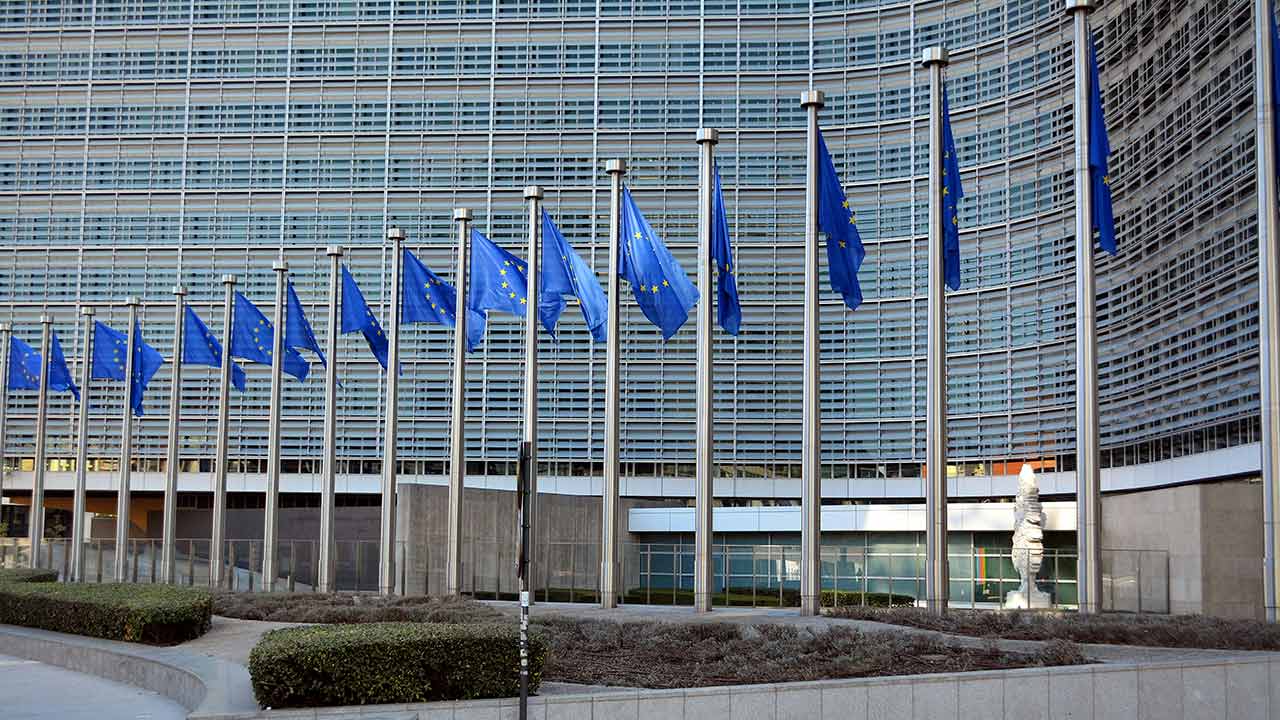European Food Safety Authority Proposes CBD Daily Intake Limit
Summarize

The EFSA (European Food Safety Authority) has updated its CBD statement concerning CBD as a novel food. The public is encouraged to comment on the proposed statement and has until October 14, 2025. The new statement recommends a much stricter daily CBD limit of 2 mg.
The statement also says that the EFSA cannot establish any safe CBD usage for people under 25 years, anyone taking medications and pregnant or lactating women.
The response to the EFSA statement on CBD safety has not shown broad industry support. There are concerns about the method the EFSA used to decide on this low CBD limit. What studies were included or excluded? What scientific methods were used? What is the justification for recommending 2 mg/day? Why was a large amount of literature that was reviewed rejected? Why was a strict uncertainty factor of 400 used instead of the standard factor of 200?
Jerome Le Bloch, PhD, told that, “The 2 mg/day value is derived from a BMDL using a single safety endpoint, which is debatable.”
* BMDL is the acronym for ‘benchmark dose lower confidence limit.’
The EFSA opinion does not have legal authority, but the new limit would be used to assess novel food applications. It is noted that the applicants can supply additional data for EFSA consideration that could lead to approval for dosages greater than 2 mg per day. Dr. LeBloch hopes consultants will take advantage of the public comment opportunity. He said,
“As consultants, we will actively participate. We also strongly encourage companies that have publicly available safety data to contribute, as this could help influence EFSA’s position.”
The EFSA assessment of CBD as a novel food prompted this new CBD review and statement. During a literature review in 2022, the EFSA panel responsible for providing scientific advice on novel foods and human nutrition found critical data gaps concerning the potential adverse effects of CBD. The concerns are on the adverse effects of CBD on the gastrointestinal tract, the liver and the nervous, endocrine and reproductive systems.
The EFSA panel has reviewed research results for studies up to 2021 and updated that research review through June 2024. The EFSA panel said that, even with the updated information, there are still data gaps. The panel also said some of the research methods are questionable, indicating the data is unreliable.
There are currently over 200 applications for CBD to be recognized as a novel food that have been submitted to the EFSA. At least 17 are in the risk assessment stage. Currently, CBD products that are orally consumed are unauthorized per the current novel food regulations in the European Union.
If CBD consumption is limited to 2 mg per day, Dr. Le Bloch believes consumers are likely to lose interest in CBD. This could seriously harm the large, established CBD industry.
Share this post


0